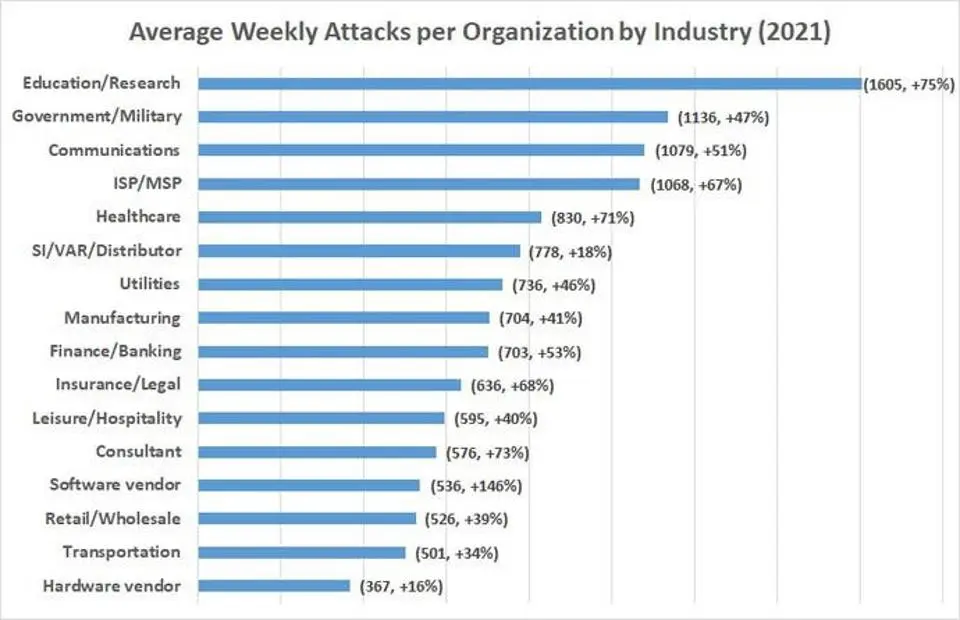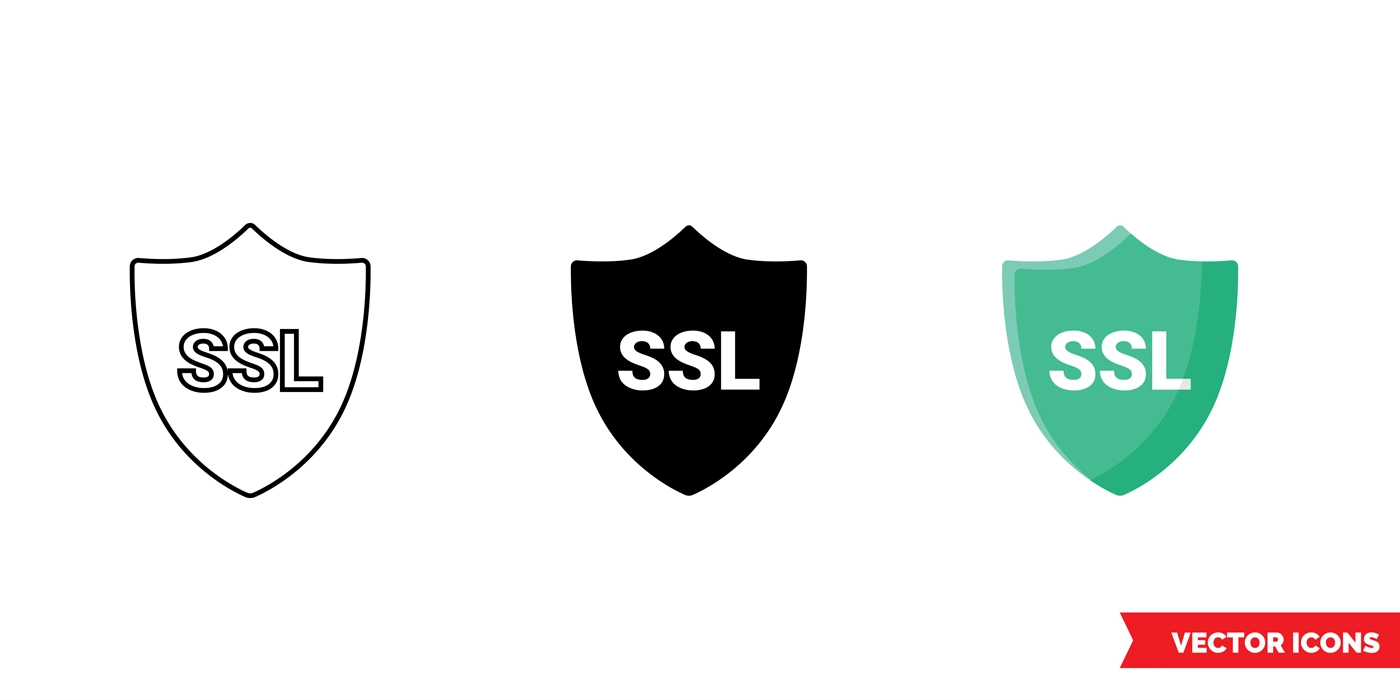As the world of digital business blooms, so does the menace of villains. Because hackers and privacy invasions are a concern for internet users across the globe, it pays to maintain vigilance over the security of your website.
According to research, there has been a 62% year-over-year increase in ransomware incidents which put the integrity of major organisations at peril.
Source: Forbes

Incidents and findings like these have definitely impacted the overall trust that customers placed in brands. One way of combating this challenge and winning your customer’s faith back is to obtain an SSL certificate.
But what exactly does SSL stand for, and why are SSL certificates relevant to your digital marketing plan?
Read on to understand the different types of SSL certificates that exist, what type of SSL certificate you need, along with guidelines on how to proceed with installing one for your digital business.
High-quality SSL can do wonders for your website by reassuring consumers that they are in a secure environment and that you are taking precautions to protect their data. Let’s find out how!
What is an SSL certificate?
We’ve already covered what an SSL certificate is and why it needs to be monitored, but to give you a quick recap, it is basically small data files employed to cryptographically create an encrypted connection between a web server and a browser. By using this link, you can be sure that no information is shared outside of the web server and browser.
What role does an SSL certificate play in the security of your digital business?

When you use the internet, your browsers secure communication with a website by employing SSL encryption. All information that you and a website exchange are safeguarded from cyberattacks thanks to SSL.
Although not all attacks, an SSL certificate can defend against others. Some threats are exclusive to SSL certificates and can completely breach the integrity of a web server.
The TLS handshake is the first communication step that the protocol starts. The SSL certificate is supported by this server setup.
Two sides produce distinct security keys for that session in a split second using a handshake over the Internet. These keys are used to encrypt messages that are sent and decode messages that are received.
Session keys are created differently for every new secure session.
if you attempt to access a secure website that has been password-protected and installed with the necessary SSL certificate.
After you open this connection, whatever data you transfer, whether you submit a form or create an account, is safe. It is unaffected by any dishonest individuals that could be attempting to intercept that sensitive information.
What are the different types of SSL certificates?
- Domain validated SSL.
- Organization validated SSL.
- Extended Validation SSL.
- Wildcard SSL.
SSL certificates come in two primary categories: Organization Validated (OV) and Domain Validated (DV) (OV). They provide various price, validity, and protection levels.
The DV Standard SSL, which is typically regarded as a starting certificate, is the least expensive SSL certificate. It will quickly get your site up and running and is frequently free.
An OV SSL Certificate, which is typically used by larger businesses with a consolidated domain name or many domain names, is available for a little bit extra money. Although it does cost a little more, this choice may be well worth it. After this, it will all depend on your budget and what you deem to be the ideal solution for your security requirements.
Which SSL certificate should I buy?
Domain Validated Certificates
Domain Validated (DV) certificates are those that have been granted after an applicant has demonstrated some level of domain control. There is typically no additional validation (verifying the applicant and if the business is registered with the government). You only need to confirm that you are the domain’s owner by responding to an email or phone call with the details found in the WHOIS record of the domains in order to obtain a domain-validated SSL certificate. No organisation name is contained in the certificate, and your company is not required to be validated.
Organization Validated Certificates
Since the website owner must go through a rigorous validation process in order to receive one, this SSL certificate version offers an assurance level that is comparable to that of the EV SSL certificate. In order to distinguish legitimate websites from malicious ones, this kind of certificate also shows the website owner’s information in the address bar. The main function of OV SSL certificates, which are often the second most expensive (behind EV SSLs), is to encrypt sensitive user data during transactions. An OV SSL certificate must be installed on business or public-facing websites in order to guarantee that any consumer information disclosed remains private.
Extended Validation Certificates
The best type of SSL Certificate available is an Extended Validation SSL Certificate or EV SSL for short. All SSL levels, including Extended Validation (EV), Organization Validated (OV), and Domain Validated (DV), offer data integrity and encryption, but they differ in the amount of identity verification that is required.
The owner of the website must successfully complete a thorough and globally standardised identity verification system (a set of vetting principles and policies enacted by the CA/Browser board) during the verification of an EV SSL Certificate in order to demonstrate their exclusive right to use a domain, confirm their physical, operational, and legal existence, and demonstrate that they have given their consent for the certificate to be issued. The certificate contains this information about verified identity.
Wildcard SSL Certificates
A single SSL/TLS certificate with the wildcard symbol (*) in the domain name field is known as a wildcard certificate. As a result, the certificate can protect numerous hosts that are part of the same base domain.
A wildcard certificate for *.(domainname).com, for instance, might be used for www.(domainname), mail.(domainname), store.(domainname), as well as any other subdomain name in the (domainname).com.
A client utilises a shell expansion process to check the subdomain name in this sort of certificate to see if it matches.
Leave all your SSL certificates worries to us!
According to study, a safe web is here to stay! It goes without saying that you must handle several SSL certificates in addition to the websites themselves because websites are now ranked lower if hosted without an SSL. It is difficult to manage all those SSL Expiration Monitoring on your own, though, with the number of web resources, marketing sites, micro-sites, event sites, etc. expanding daily. Awakish is here to help you out! Get in touch with our support team to know more about how to get a secure & successful website.



